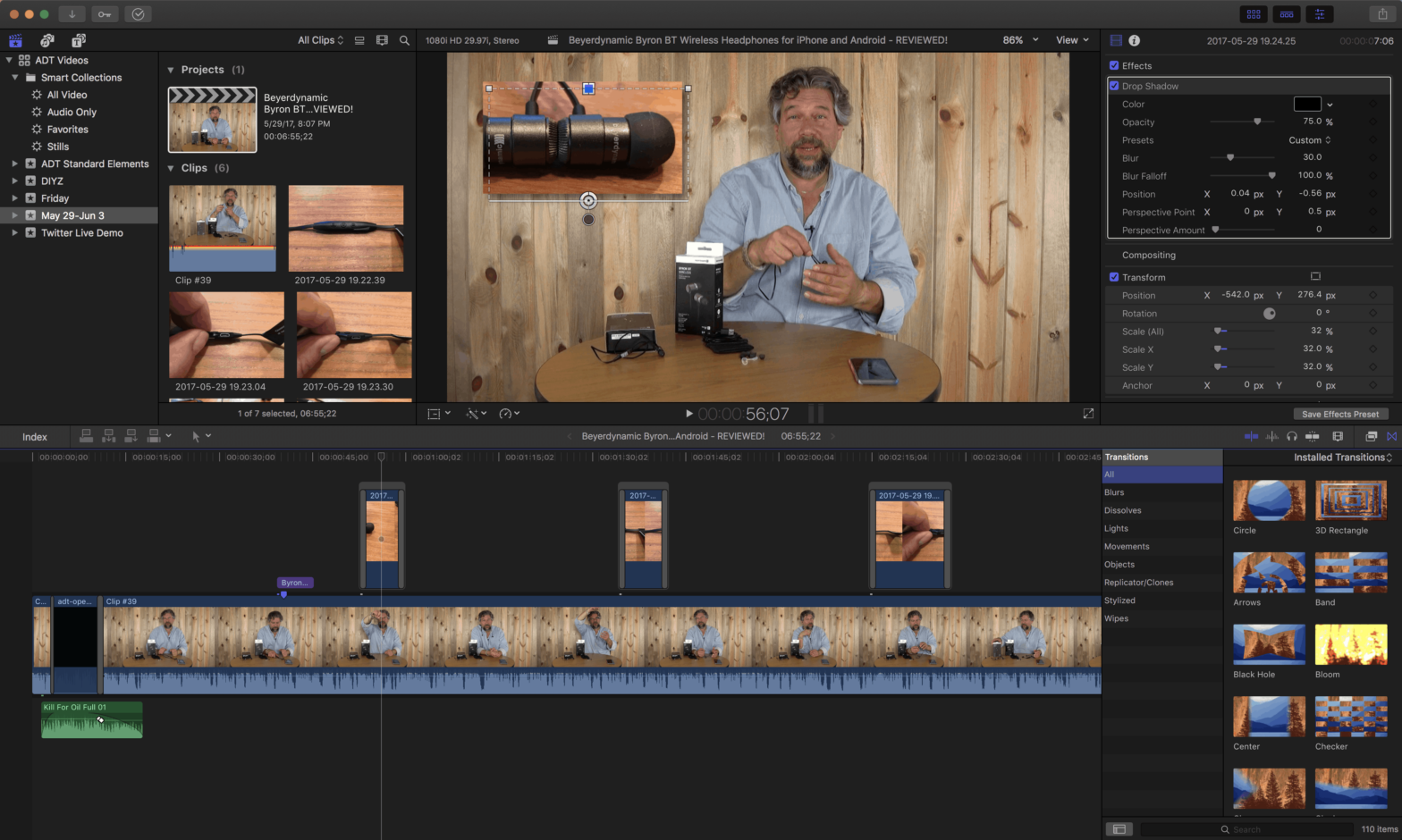Best Video Production Gear Choices For Digital Publishers
Last time we talked about video production gear, I explored a couple of important factors: audio, tripods, and lighting. As anyone who spends time on YouTube knows, you can get away with pretty poor video quality (think “shaky cam”) if your audio is good, so that might be the top thing you should work on improving for your own videos.

We’re not done talking about video production gear, however, because while you can definitely get started with a smartphone, better video recording gear is definitely going to yield better, more viewable results. You don’t have to go get a $250,000 4K broadcast rig, don’t worry, but it’s surprising how much a good camera can improve your end product.
At the end of the day, quality will help you stand out. Having the right setup can help you deliver this level of quality, but that doesn’t mean you have to break the bank.
Camera for video production
What’s great is that Canon, Nikon, and other DSLR camera manufacturers have learned that HD video is a really useful additional feature for digital cameras. Heck, when Google flew in a film crew to record me for an AdSense video profile, they didn’t use dedicated video cameras, they shot with Canon 5D Mark III cameras.

My video work started out with a cheesy, low-budget Canon camcorder, which I then upgraded to a Sony HXR-MC50U that cost about $1400 and produces crisp 1080p high-def video. More importantly, it has a mic plug so instead of using the included shotgun mic (literally a microphone stuck on the top of the camera, pointing in the same direction as the lens) I can plug in a separate, better quality microphone.

There’s not much video recording expertise you need to gain with modern video cameras, but I would recommend you learn about what’s called “white balance”: a way to ensure that the camera is accurately recording the colors of the shot whether you’re outdoors, indoors lit by incandescent lights, indoors lit by fluorescent lighting or even just in low-light situations.
Video production tips for publishers
While we’re talking about specific recording, I’ll also tell you that it’s hard work, so keep a sense of humor. Nothing’s really done in a single perfect “take” so expect that if you want a good 90-second video, it might take you a few hours to get it perfect on camera.
Record your video, review it, see what you did right and wrong, and record it again. After a while, you can get more consistent, but there’s a reason it takes months and months for Hollywood to film a 100-minute movie!

One trick I like to do just before I start recording is to smile and laugh out loud. Look at someone’s eyes; you can see if they’re really happy or not. So laugh! Then when you start recording, you’ll look comfortable and happy to be on camera, not anxious with that prototypical deer-in-the-headlights look!
Video editing approaches
At its most basic, your video editing skills should allow you to get the perfect start and stop points in your recorded video: chop out the beginning couple of seconds where you’re getting comfortable and the very end where there’s a hand reaching to the camera to push “stop”!

From there, you can go as far as you want with editing, and I use a pro-level tool called Final Cut Pro X from Apple that lets me do video-in-video inserts, manipulate the speed, add sound effects and transitions between shots (dissolves, wipes, pans, there’s a whole language to it), and much more.
Other excellent editing programs that YouTubers really like include Adobe Premiere and Corel Video Studio or Vegas Studio on the Windows side.
Since it can make such a difference in the quality of your videos, I encourage you to really learn as much as possible about your editing software. Even after having spent hours and hours in the program, I’ll still go to classes on Final Cut Pro X when I can find them in my area.
What makes good editing software such a win is that it lets you keep the camera rolling and record multiple takes, knowing you can pick the best later and get the best possible video. Pronounced the company’s name incorrectly? Got distracted by the dog? Sneezed? You can just keep recording, start that section over, and splice them together with a pro dissolve!
Producing high-quality video
The final product is a video, hopefully at least in 720p resolution (YouTube’s max supported resolution for most people is 1080p, though some can go up to 4K it’s probably not valuable or useful unless you’re a video production company yourself). Choose slower, higher quality rendering in your video software to get the best possible output, and test different settings by uploading them to YouTube as unlisted videos to see how YT renders them.
Then it’s time for some YouTube search engine optimization (SEO). And that’s what we’ll tackle next…

